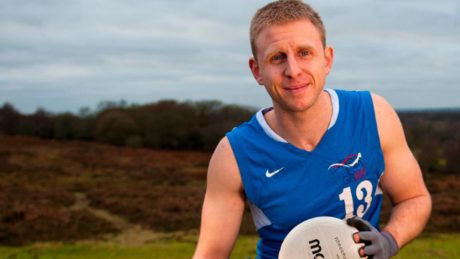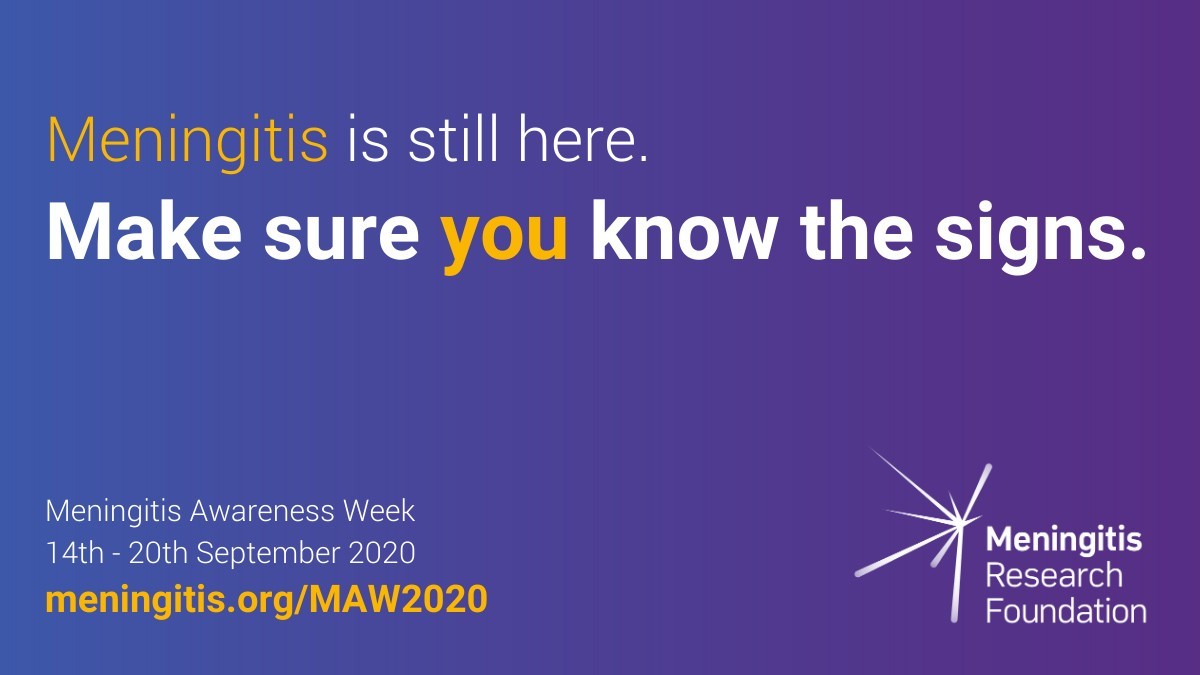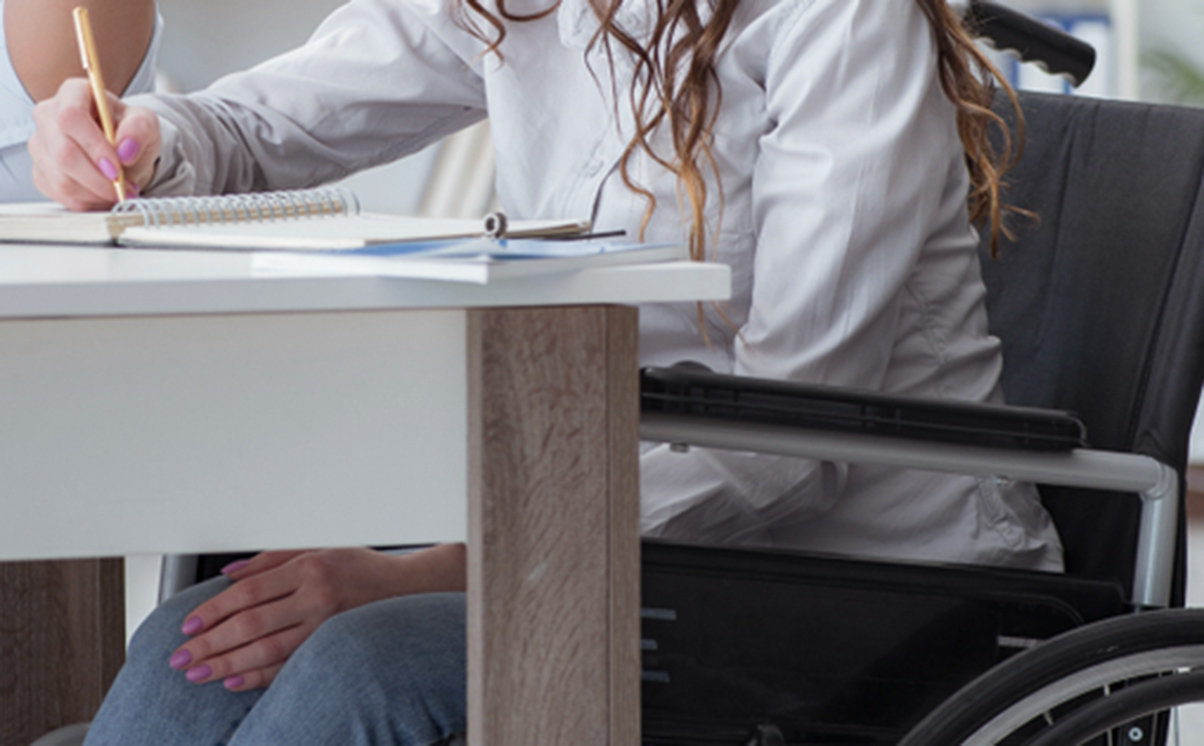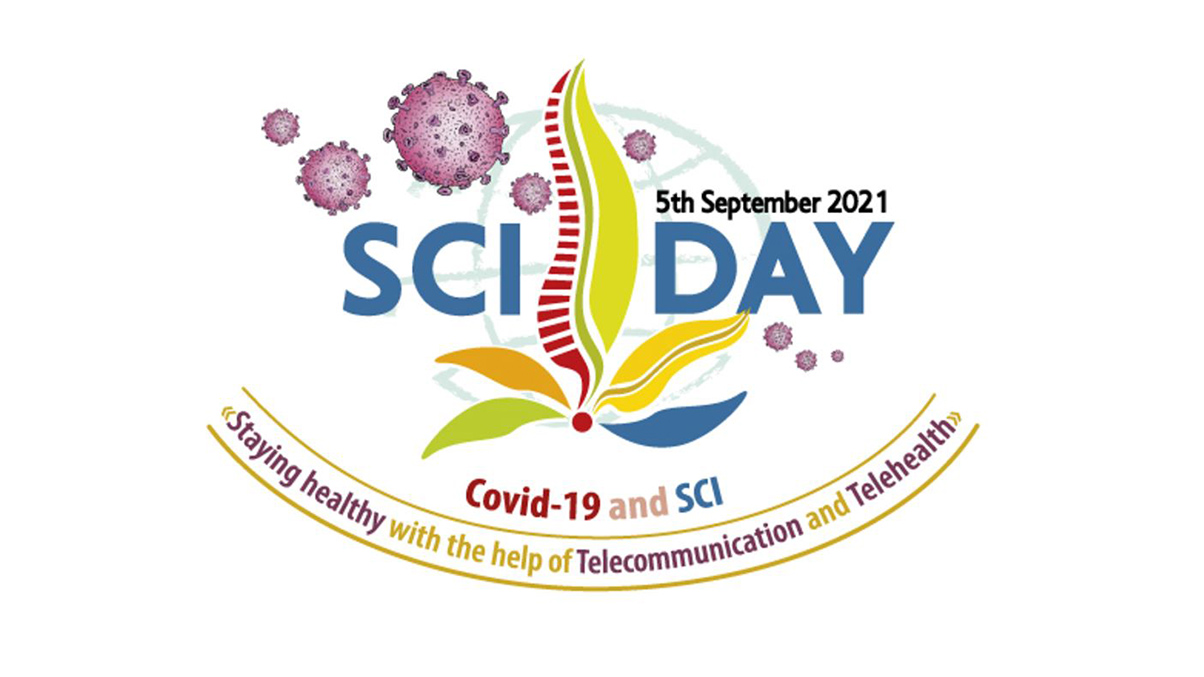On 16 September 2021, Stewarts’ lawyers and staff were invited to a discussion and Q&A with Aaron Phipps, part of the gold medal winning Great Britain national wheelchair rugby team, hosted by the Meningitis Research Foundation (MRF).
Amy Heath, Amy Fielding and Carly Plant of Stewarts summarise the conversation here.
Sharing his story of life after meningitis and participation in two Paralympic Games, Aaron also looked to the future and the next generation of Paralympic athletes. The session was part of Meningitis Awareness Week, which takes place in mid-September each year.
Aaron’s meningitis diagnosis
Aaron was 15 when he came home from school feeling unwell with a fever and chills. As it was January, his family put it down to a seasonal bug or flu and he went to bed. Later in the night, Aaron collapsed. His mother noticed a rash on his chest and did the ‘tumbler test’ to identify potential meningitis symptoms. As the rash didn’t disappear, the family called an ambulance to take Aaron to his local hospital. Within 12 hours of his first symptoms and one hour of the rash being detected, Aaron was on life support. He had meningitis C and meningococcal sepsis.
Aaron underwent bilateral below knee amputations, and amputations to the majority of parts of his fingers. In the discussion, he described this as both the worst and best thing to happen to him. Recognising how lucky he was to survive, Aaron became more determined and driven to try everything and not let anything hold him back.
Route to the gold medal
Aaron ‘fell into’ wheelchair rugby, being headhunted for the British team after completing a 10km wheelchair race for MRF and then the London Marathon the following year. This led to him forming part of the Great Britain national wheelchair rugby team in the 2012 London Olympics. Following the games, Aaron took a five year break from life as an elite athlete to focus on his young family.
Years later and with Tokyo 2020 on the horizon, Aaron took the decision to return to wheelchair rugby, planning for his wife and two daughters to come and see him compete. Unfortunately the Covid-19 pandemic would disrupt the Paralympic Games as it did so many other events, and Aaron went from training with a team in world class facilities to training with dumbbells in the garden whilst home schooling his children.
In 2021 the team travelled to Tokyo for the belated Games. Aaron recounted the team’s journey through the group stages, beating Canada and New Zealand but losing to the USA. In the semi-final, Great Britain beat Japan by six points, becoming the first European team to reach a wheelchair rugby Paralympic final. Aaron recalled that the team was in ‘fairy tale land’ before the final, a rematch with the USA.
Aaron described his mindset for the Tokyo games and how his approach had changed since London 2012. He no longer got himself pumped up with intense house music before a game but instead focused on the moment and being present. It was a change that clearly worked.
Aaron relived the final with us and emotionally told us of the moment, three minutes before the end of the match, when he realised the team had sealed their win. What followed was a ‘whirlwind’ of tears, jubilation and disbelief.
Paris 2024?
In three years’ time the Paralympics are due to be held in Paris. Aaron made a call for the next generation of athletes to come forward. He encouraged anyone thinking about the sport to give it a go, reassuring listeners that the chairs take the brunt of the hits!
We are grateful to Aaron for taking time out of his busy post-Paralympic schedule to share his story with us. His is an inspirational story of recovery and living life to the full.
Meningitis Research Foundation
Meningitis affects more than five million people each year. Two out of ten people diagnosed are left with an impairment such as an amputation or brain injury. Aaron’s story is a reminder of how important it is to be able to diagnose meningitis quickly and seek prompt medical help.
The Meningitis Research Foundation is a UK and international charity that aims to defeat meningitis and septicaemia around the world whilst providing support to survivors of the disease.
MRF says this: “Our vision is of a world free from meningitis and septicaemia. A world where effective vaccinations can protect everyone. A world where people who do get the diseases get the most effective diagnosis and treatments possible. A world where people affected and their families have the best support and information.
Signs and symptoms of meningitis in adults and children
We have prepared fact sheets setting out the signs and symptoms of meningitis in adults and children. Click below to view and download the pdf.
- Adults – Meningitis Awareness: Signs and Symptoms
- Children – Meningitis Awareness: Children
You can find further information regarding our expertise, experience and team on our Clinical Negligence pages.
If you require assistance from our team, please contact us.
Subscribe – In order to receive our news straight to your inbox, subscribe here. Our newsletters are sent no more than once a month.








